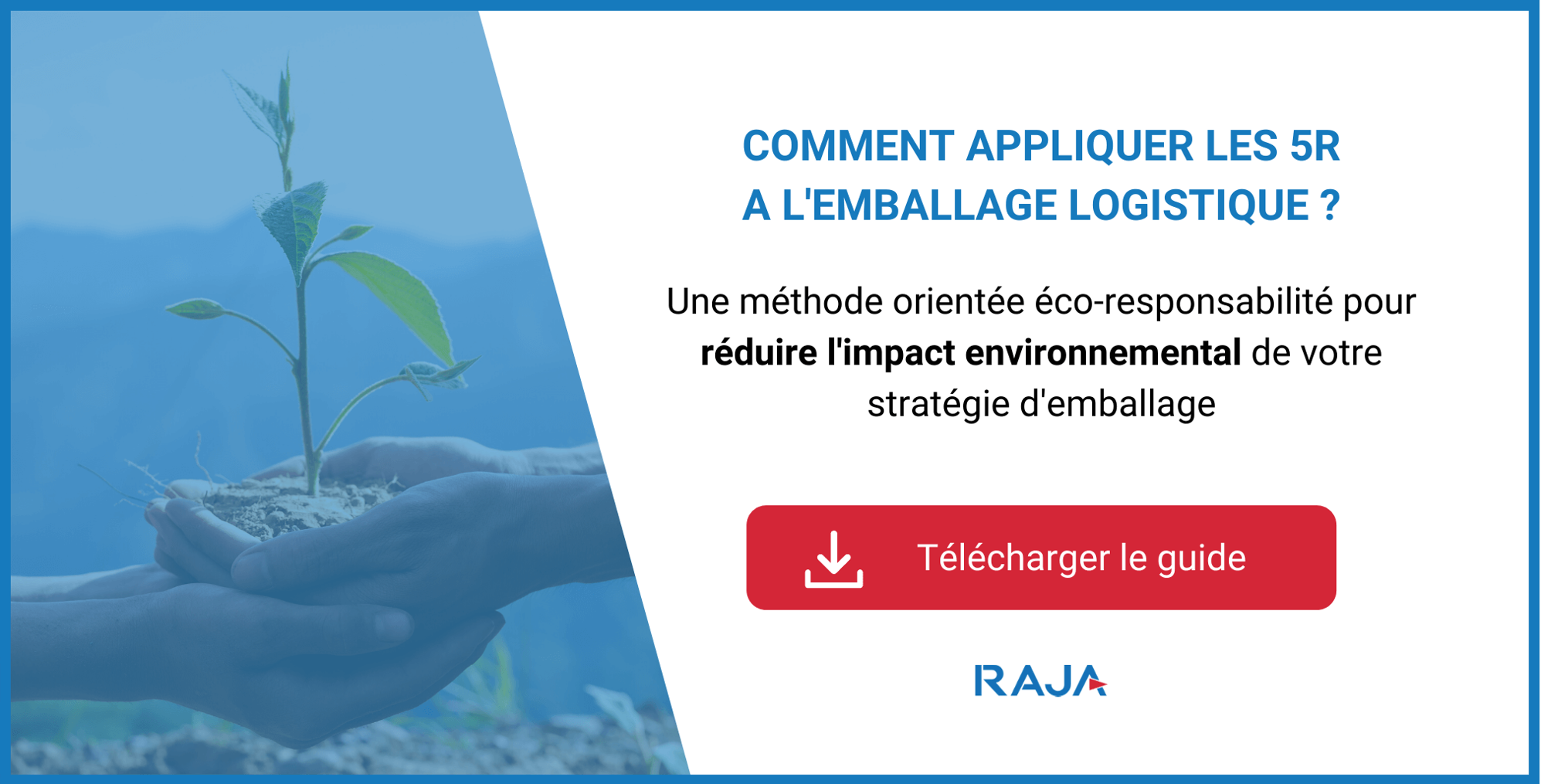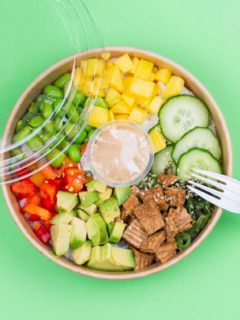As the ecological emergency deepens, eco-responsibility legislation continues to develop to encourage companies to consume and produce in a more sustainable way.
The AGEC Act is one such piece of legislation that is occupying a large number of structures.
Three years after its promulgation, we invite you to take stock of the progress made by the AGEC law, and its objectives for the years to come.
What is the AGEC Act?
The AGEC law, enacted in February 2020, is a set of 130 articles aimed at combating waste – hence why it’s also known as the “anti-waste law“. Its aim? To move towards a circular economy, rather than the current linear one.
The AGEC law is organised around five main areas:
- Moving away from disposable plastic
- Better informing consumers
- Combating waste and promoting solidarity-based re-use
- Acting against programmed obsolescence
- Better production
The law sets out an ambitious roadmap, with targets set for each year until these key areas are achieved. The law takes into account many different measures, covering sectors such as packaging, electronics, textiles and catering.
In this article, we’re going to focus on the measures concerning packaging (and food packaging in particular).
5 advances in the AGEC law on packaging since 2020
Three years after its enactment, the AGEC law has already made great strides in promoting a more eco-responsible way of consuming and living. Find out here about its five major advances in the world of packaging.
Several single-use plastic products banned
One of the first measures taken by the legislation was to ban a number of single-use plastic products frequently consumed by the French. To date, packaging has been banned for plates, straws, cups, cutlery and expanded polystyrene boxes (such as those used for sandwiches).
Disposable crockery in restaurants banned for meals eaten on the premises
On 1 January 2023, disposable crockery will no longer be used in restaurants serving meals eaten on the premises. The AGEC law aims to promote the use of reusable, washable crockery to serve customers.
No more plastic packaging around fruit and vegetables that can be sold loose
From 1 January 2022, fruit and vegetables that can be sold loose (such as bananas, pears, peppers, apples, etc.) will no longer be wrapped in plastic.
New info-sorting system to encourage recycling
You’ve probably already seen it: since summer 2022, a new sign has been gradually appearing on many everyday products. Placed alongside the famous Triman logo, this sorting information helps consumers to better sort and recycle their packaging, used appliances and everyday products. Ultimately, no fewer than 100 billion products and packaging items will be equipped with it.
General collection of plastic packaging in the yellow bin
On 1 January 2021, the sorting rate per inhabitant was 50%: a situation that the AGEC law will put an end to, by ensuring that 95% of French people can sort their plastic packaging in the yellow bin. This will further improve the country’s waste management systems.
4 forthcoming measures on packaging to complement the AGEC law
And the AGEC law doesn’t stop there! In the coming years, it will continue to have an impact on your packaging strategy. Here’s how.
2040: the end of single-use plastics
The legislation is clear in its intentions: by 2024, it intends to sound the death knell for the marketing of single-use plastic packaging. To achieve this, it is relying on a strategy known as the 3Rs: Reduce, Reuse, Recycle.
The next deadline has already been set – 2025:
- Reduce single-use plastic packaging by 20%.
- Put an end to non-recyclable plastic packaging
- Develop recycled plastic packaging
From 2025: creation of a sector for the reuse and recycling of packaging from the professional sector
The EPR sector will be launched on 1 January 2025. The aim of this new circular economy sector will be to develop the recycling of professional packaging such as crates, films and pallets.
2029: 90% collection target for plastic packaging recycling
Since 30 January 2023, a national consultation has been taking place to find solutions for achieving the target of 90% collection for recycling by 2029. This consultation concerns plastic bottles in particular. In particular, the government is considering the solution of further developing the deposit system for packaging. A decision is expected in summer 2023.
A future eco-design bonus and penalty system
The aim of this approach is to encourage manufacturers to design more durable products that are easier to recycle. Under the system, manufacturers of environmentally-friendly products will receive a bonus on the contribution they pay to their eco-organisation, while others will be subject to a penalty. This decree will also affect the packaging market, which will have to continue to find ever more eco-responsible solutions.
Need to find the eco-responsible packaging that will help you comply with the AGEC law while taking care of the customer experience you’re delivering? Discover all RAJA’s eco-friendly packaging.
















